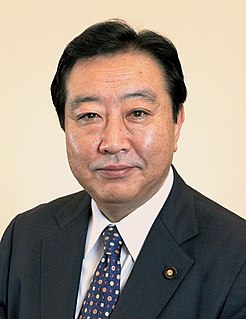A Quote by Amory Lovins
Energy-saving technologies keep improving faster than they're applied, so efficiency is an ever larger and cheaper resource.
Related Quotes
It is critical that the world captures every last bit of energy efficiency, if we are to reduce greenhouse gas emissions enough to keep below dangerous rises in temperature. I am pleased that this important new study shows how information and communication technology can play an essential role in saving energy. Now we need more and effective government policies that reward such action and penalize delayed responses.
Where solar energy is concerned - and wind energy and battery storage and electric vehicles and efficiency technologies - that is what we are now seeing. So, yes, I'm very optimistic, but anyone who works on the climate crisis has an internal struggle between hope and despair. I won't deny that, but hope has always prevailed in my outlook.
Just refrigerator efficiency saves more energy than all that we're generating from renewables, excluding hydroelectric power... I cannot impress upon you how important energy efficiency is. It doesn't mean you eat lukewarm food and your beers are lukewarm. You can still have it; you just make a better thing




































